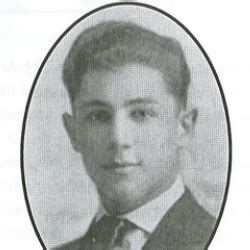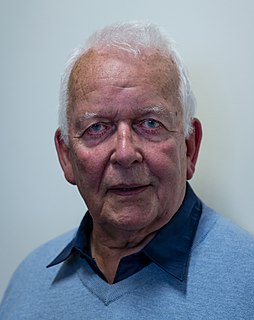Цитата Сидни Бухмана
Большой страстью Капры был Диккенс. Как только у него появились деньги, он купил несколько самых редких и необычных изданий произведений Диккенса и очень гордился своей коллекцией.
Связанные цитаты
Последняя книга Диккенса «Тайна Эдвина Друда» стала отправной точкой для моего нового романа «Последний Диккенс». В этой последней работе Диккенса очень мало социальных комментариев и довольно четкая сюжетная линия и набор персонажей. Не обязательно то, о чем мы думаем, когда думаем о том, что характеризует Диккенса.





































